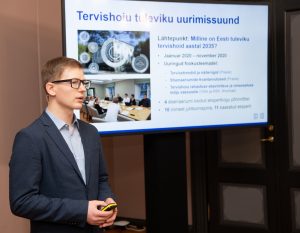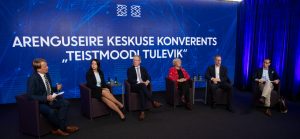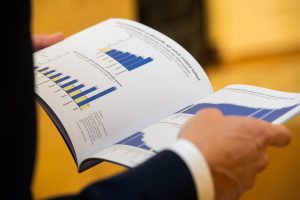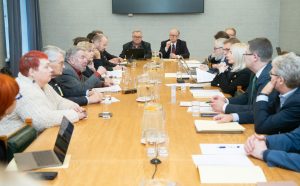Focus on ensuring self-sufficiency during the corona pandemic demonstrates the importance of local energy carriers for Estonia in the future, says the Foresight Centre report “The Impact of the Virus Crisis on the Estonian Economy. Scenarios up to 2030”, soon to be published. The green fuels era in a more distant future could turn out to favour Estonia much more than the fossil fuels era.
News
According to the report “The Future of Health Care in Estonia. Scenarios up to 2035” published by the Foresight Centre and presented today, Estonia has the largest unmet demand for medical care in Europe, and if the current health insurance system continues, the availability of health care services will decrease.
The Foresight Centre conference “A Different Kind of Future”, which was held on 30 September, focused on changes in global power relations and Estonia’s position in the post-corona world.
Among the major ports on the East coast of the Baltic Sea, Lithuanian, Latvian, Polish, and Russian ports have experienced a growth in trade volumes over the last decades (2010–2018), says the Foresight Centre report “The Future of Maritime Trade in Estonia. Development Scenarios up to 2040“.
The Coronavirus epidemic is a catalyst that amplifies several long-term trends. About a year ago, I called attention to the fact that global economy is regionalising: in the future, an increasing part of international trade will take place within regional blocks, not between them. Long supply chains that stretch across the world, and the concentration of certain stages of production into certain countries – most notably, of course, China – do indeed help to enhance efficiency, but also increase the risks.
The Foresight Centre is launching a new monitoring project to study the impact of the changing global forces on Estonia’s development. The study will result in key options and decision-making points.
The change of generations and the general increase in well-being has made success-orientation give way to a mind-set that appreciates creativity, community, and immediate environment, shows a study conducted by the Foresight Centre.
The Economic Affairs Committee approved the Action Plan of the Foresight Centre for the next year. The Action Plan will focus on five research topics: changing of global lines of power, international maritime economy, national and cross-border mobility, future health care and future of business environment.
Studies of the Foresight Centre have resulted in four regional economy development scenarios for Estonia, which help to visualise the nature and location of economic activities in 2035, as shaped by a confluence of factors.
The Head of the Foresight Centre Tea Danilov addressed the international seminar “Towards bridging science and decision-making”.

 An independent think tank at the Riigikogu
An independent think tank at the Riigikogu 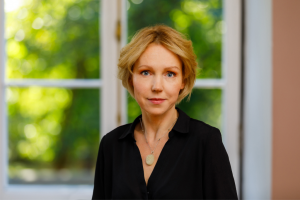 Tea Danilov
Head of the Foresight Centre
Tea Danilov
Head of the Foresight Centre 